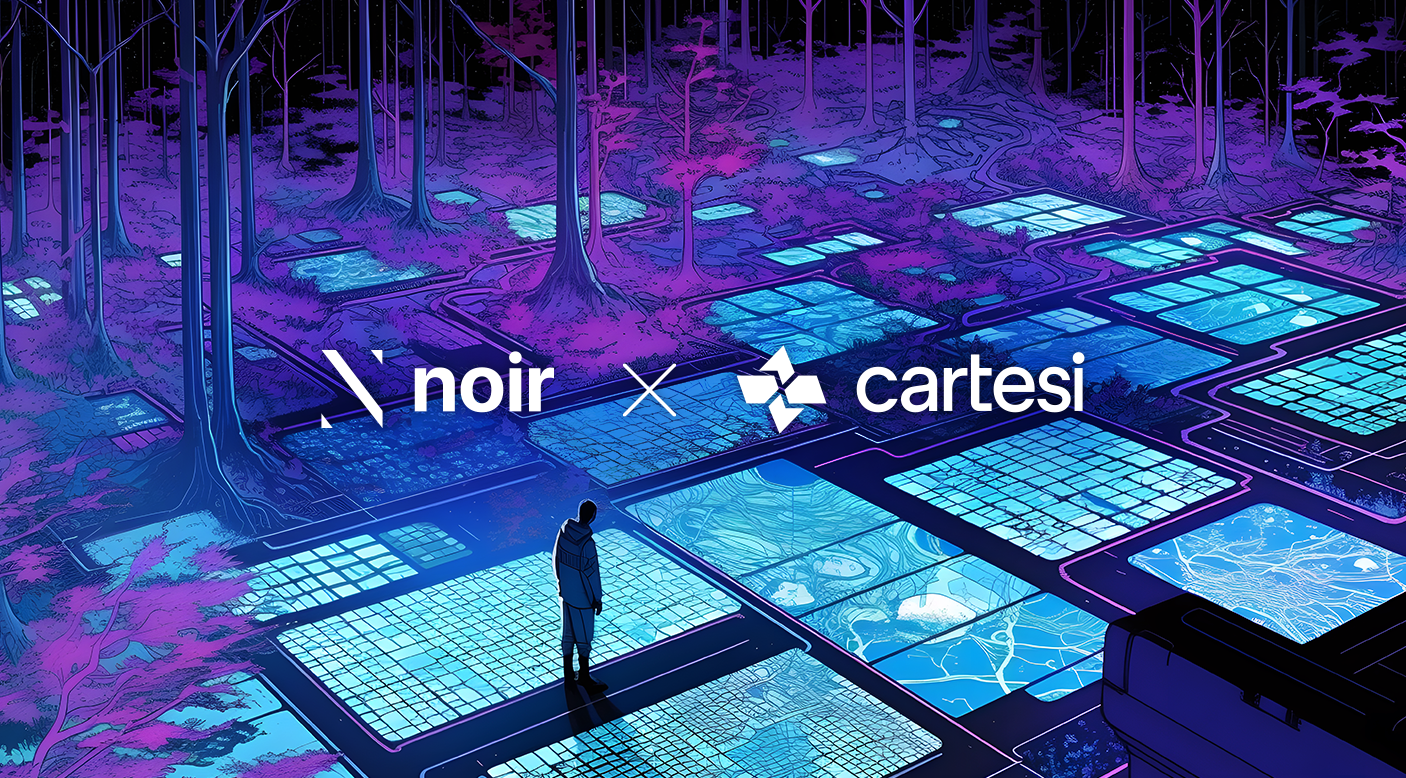With its cutting-edge GPU technology, computer chipmaker Nvidia is looking to pave the way for the first cloud-based metaverse. The California company sees this immersive platform as a way to bring people from all over the world together, if not geographically then virtually.
While it sounds like something out of a Philip K Dick novel, the vision is actually gaining traction as Nvidia and others build out their infrastructure.
Metaverse as a Service
Nvidia’s key to building a winning metaverse is Omniverse Cloud, a platform that uses sophisticated graphics and physics simulation technology to render content at real-time speeds. Supporting a suite of collaborative 3D tools, Omniverse Cloud was built on the NVIDIA RTX technology that powers real-time ray tracing in video games and movie visual effects.
And now the company has identified an opening in the enterprise software market, one it believes it can fill with its metaverse-as-a-service offering. This cloud-based metaverse will be accessible to everyone – but designed with enterprise applications in mind.
Last year, Nvidia CEO Jensen Huang outlined his vision during a keynote speech at the company’s GPU Technology Conference. “The internet is essentially a digital overlay on the world,” he said. “It’s largely 2D information: text, voice, image and video. That is about to change. We now have the technology to create new 3D virtual worlds or to model our physical world.”
And that vision has certainly accelerated in 2022, not least with the global roll-out of Omniverse, which enables creatives to build their own metaverse products and benefit from the high performance and low latency typical of Nvidia’s product suite.
The firm’s maiden software and infrastructure-as-a-service offering, it is already being deployed by the likes of Siemens and Rimac. The former has wasted no time in integrating its Xcelerator digital business platform with Omniverse, which allows businesses to utilize digital clones in Virtual Reality.
Transforming Industry
Of course, Nvidia is a company used to spinning plates. As well as making inroads in the metaverse space, it has pioneered photorealistic simulations for developing, testing and managing AI robots and autonomous vehicles. Indeed, Huang is at pains to point out that there is huge untapped potential for the metaverse to help with industrial use-cases. Which is why the company has deployed hundreds of engineers to work on Omniverse Cloud.
It’s clear that Nvidia is putting its chips on the metaverse. The company has been working hard to make VR and AR technology more accessible, and rather than focusing on gaming or NFTs, it has set its sights on transforming industry as we know it.
What this could mean in practice is anyone’s guess. Perhaps it will be safer vehicles, since autonomous car engineers can use Omniverse to create traffic scenarios to trial road and weather conditions. Maybe Nvidia’s simulation engine can help to lower carbon emissions through a mechanism that hasn’t yet been conceived. The truth is, no-one knows.
But given the company’s record investment, we won’t be long in finding out.









